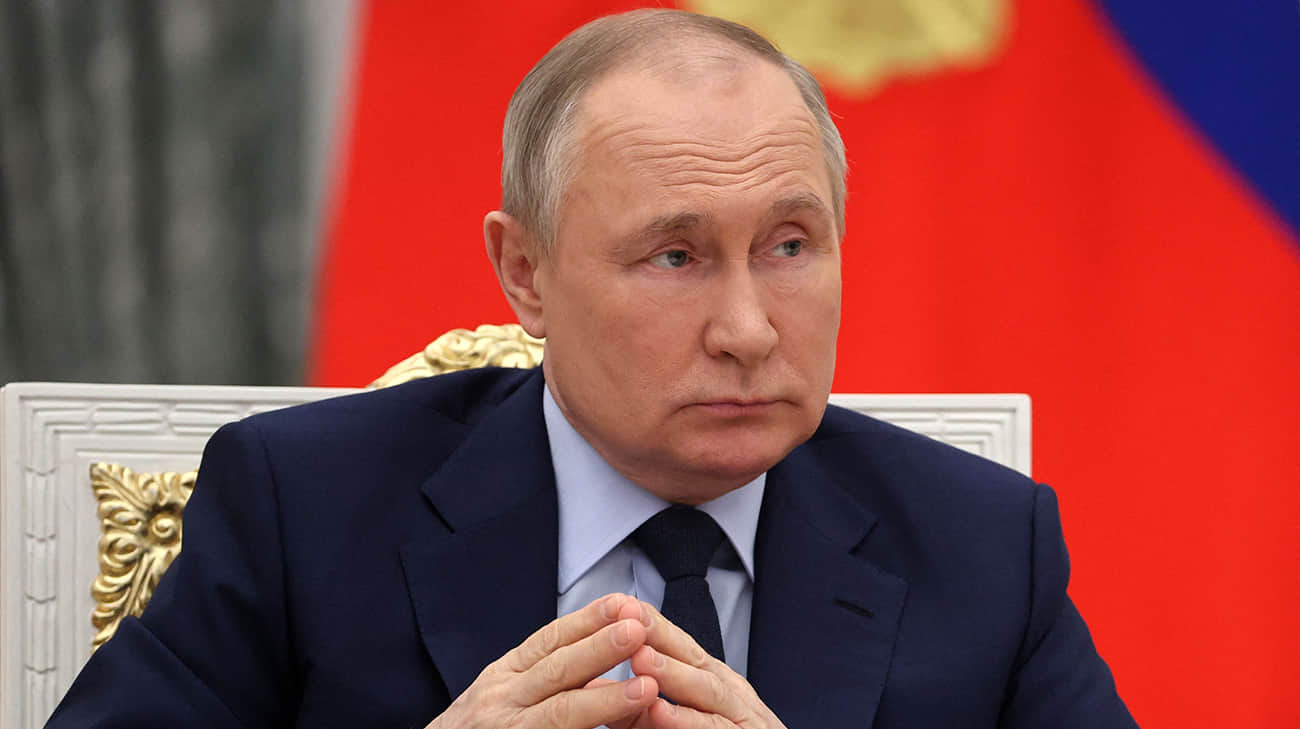At WHO, an « agreement in principle » found between countries to better protect the world, the United States Grand Absent-Liberation

More than three years of discussion for a « Agreement of principle » Found this Saturday, April 12. Delegates from the Member States of the World Health Organization (WHO) have announced that they agree on a text which should make it possible to better protect the world from future pandemicsaccording to the co -chair of the negotiation body and French ambassador for global health.
« We have an agreement in principle and we reserve the final agreement of the capitals »explained Anne-Claire Amprou, while specifying that the delegates will meet on Tuesday April 15 in Geneva to groom the text and give their final agreement. It will still have to be adopted at the World Health Assembly, which is held in May in Geneva, by all the member countries of the World Health Organization.
After a session of almost twenty-four marathon negotiations, the delegates applauded everything on Saturday and spent long minutes congratulate themselves. “It’s a very good signal. You are part of an incredible story in the process of being done ”said The Director General of WHO, Tedros Adhanom Ghebreyesusstayed in the room with the delegates all night.
One of the main protests on Friday was paragraph 11 of this text of around thirty pages, which defines the transfer of technology for the production of health products related to pandemics, in particular for the benefit of developing countries. The subject had been at the heart of the grievances of the poorest countries during the Pandemic of Covid-19, when they saw rich countries appropriate the doses of vaccine and other tests.
Several countries where the pharmaceutical industry weighs heavily in the economy are opposed to the idea of a transfer obligation and insisted on its voluntary nature. Unlike the countries of Latin America, which push for this transfer to be facilitated. According to a delegate, this point has been settled but the latest version of the text was not yet available this Saturday morning.
Anne-Claire Amprou relates: « We had to negotiate this week with all the member states in a very constructive and very positive approach, it is a real desire to succeed in having an agreement that really makes the difference and which allows to prevent, prepare, respond to pandemics. » Only the experience will say if he survives the test of fire: a next pandemic which Tedros Adhanom Ghebreyesus recalls that it is not a question of knowing « If it takes place but when ».
This text is adopted in a context of a serious crisis in multilateralism and the global health system caused by the Brutal US Aid of International Aid decided by Donald Trumpwhile the United States was by far the main humanitarian donor. They were also the big absent from these negotiations, President Trump having announced upon his return to the White House that the country left the organization. A withdrawal that makes risks weigh on the international surveillance system for health risks, according to experts.
In December 2021, two years after the start of the Pandemic of Covid-19 which left millions of deaths and put the global economy on their knees, the WHO member countries had decided to provide the world with a text to allow to prevent and better manage the pandemics. This Saturday document lost luster compared to the starting ambitions, explains James Packard Love, the executive director of the NGO Knowledge Ecology International, who has followed negotiations from the start: “The initial proposals presented by the secretariat were quite ambitious. This is no longer the case now because the negotiations have dragged out ” And the representatives of the various industries got involved.
There H5N1 avian flu, whose virus continues to infect new speciesraising fears that the transmission between humans is only a matter of time, the outbreak of measles in 58 countries due to sufficient vaccination rate because of the distrust of the vaccines aroused by disinformation, or the MPOX which is wreaking havoc in Africa, are all warnings on the need to find an agreement and to coordinate on an international scale.







